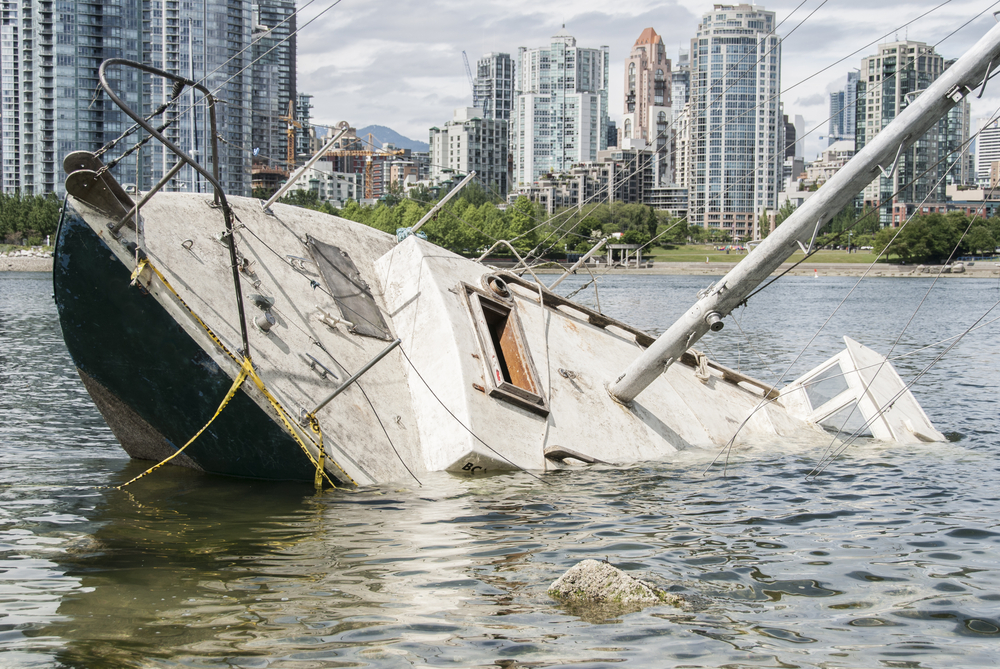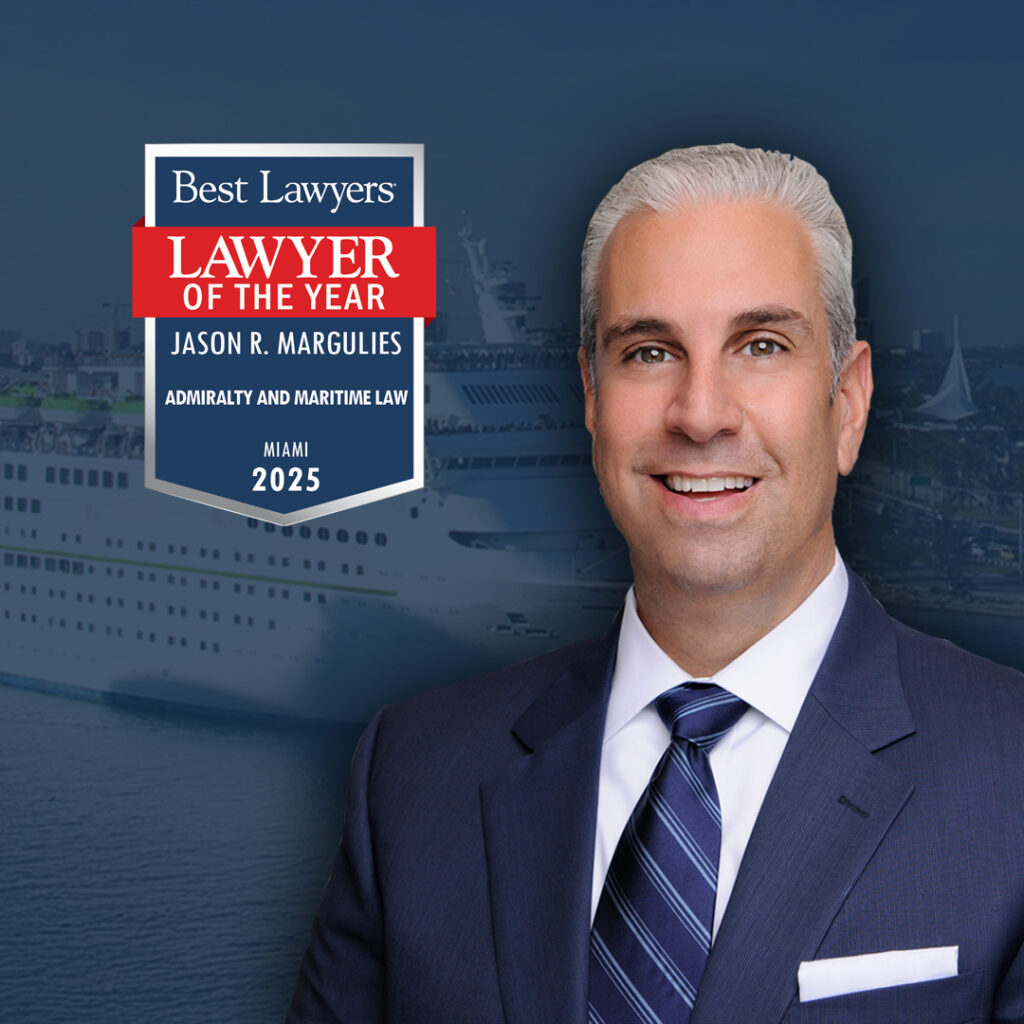
But while there was a time when nearly every coastal city was seeking to build a cruise terminal, the recent increase in the number of cruise ship accidents has caused some cities to reconsider – one of them being Savannah, Georgia.
Our cruise ship lawyers wrote about Savannah’s plans to create a cruise terminal last month and noted how the entire plan seemed a bit clandestine. For reasons which the city’s government chose not to disclose, talks of creating a dock in Savannah for cruise travel was kept under wraps with the public being made privy to only the most basic of facts. Because state laws allow Savannah council members to keep land acquisition matters private, all that the public was told was that a consultant from Miami’s own BEA Architects reviewed three potential sites that would serve as the best locations for the new terminal. The exact location of these sites, of course, were not revealed, but the price tag for the project thus far was.
The cruise terminal project was initially divided into two phases, the first, which involved BEA Architects searching for optimal locations for the port, cost a whopping $197,500. However, that expense could have easily been recuperated once the terminal was up and running.
Alas, as reports of cruise ship fires, sexual assaults, crimes, and missing passengers continue to escalate, much like the nation’s interest in cruise travel in cruise travel has wavered, Savannah’s plans to build a cruise ship terminal also sunk.
Whether by coincidence or a strange twist of fate, the Savannah City Council voted unanimously against developing the cruise terminal on the same day Carnival Corp. announced it was pulling ships out of Norfolk and Baltimore this year. It certainly seemed as though Savannah would vote in favor of the terminal, but perhaps the recent string of cruise ship accidents led council members to changer their minds.
Since the Costa Concordia capsized off of Giglio, Italy in January 2012, the cruise industry just hasn’t been the same. And this year, with what seems to be the worst year in all of the industry’s history for accidents and crimes, has only exacerbated the public’s concern regarding the safety of cruise travel. The Carnival Triumph fire back in February, followed by several other mechanical mishaps on Carnival ships and then another fire onboard Royal Caribbean’s Grandeur of the Seas in May, showed the world just how much the industry is lacking in the safety department.
These accidents have all contributed to the overall decline in cruise line popularity, with the nation reporting a significant decrease in the desire to set sail onboard a cruise vessel ,
Of course, cruise companies have also suffered as a result of these accidents, with many companies reporting fewer bookings when compared to last year’s totals and with several cruise line stocks dropping to record lows. Perhaps, Savannah council members noted these declines and found the idea to build a new cruise terminal – at least in the time being – to be imprudent. The city already lost the nearly $200,000 it invested in searching for a good location for the terminal and decided it would not lose anymore.
Norfolk is already struggling with debt from a severely under-used cruise port. It costs city taxpayers over $1 million each year just to keep the terminal in operation and the revenue coming in will not even come close to repaying residents what they have already lost to the industry. Now with Carnival’s recent announcement that it will be pulling its ships from the city, taxpayers might never be able to recuperate that money.
Surely Savannah’s policymakers took note of the numerous times cruise lines have decided to scrap their homeports and made a wise decision not to invest in the millions it would cost to build a new terminal. Since the year 2000, five other terminals besides Norfolk – Honolulu, Houston, Mobile, Philadelphia, and San Diego – have been struggling to amass some sort of revenue or have already closed.
With ports like Miami and Fort Lauderdale bringing in the brunt of the revenue for cruise lines, it’s not surprising that companies would want to pull their ships out of the lesser-paying cities. Terminals are as much of a source of income – if not more – for cruise companies as they are for the cities that house them, so if the multibillion-dollar cruise industry is not seeing a profit from one terminal, chances are it’s going to seek its paycheck elsewhere.
Another issue also arises for U.S. cities thinking of building cruise terminals. The industry has begun shifting operations toward the blossoming cruise market in Asia, with many lines repositioning their ships in cities like Hong Kong and Singapore. The market for European cruise travel is also high, so there isn’t much room left for small itineraries visiting U.S. cities or departing from small towns like Norfolk or Savannah, which can’t compete to the exotic appeal of Asian nations.
These smaller cities also have to consider the downfalls of building cruise terminals as well. Over in Charleston, the city government and environmental groups are battling over the damage done to the city by the existing terminal and ships. Activists argue that cruise lines bring in too much pollution and noise and distract from the city’s own historic charm.
Savannah’s residents were also showing similar concerns, council members actually listened to their opinions and took into account all the pros and cons for building a terminal in the city and made an educated decision to halt the plans. Perhaps policymakers will revisit the idea down the line, but as of right now, it appears that the costs of building and maintaining cruise terminals far exceed the benefits.
Published on July 8, 2013
Categories: Cruise Ship Law
Get Free
Consultation










